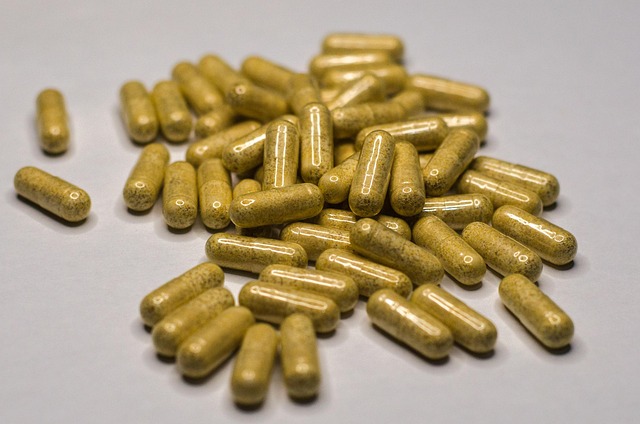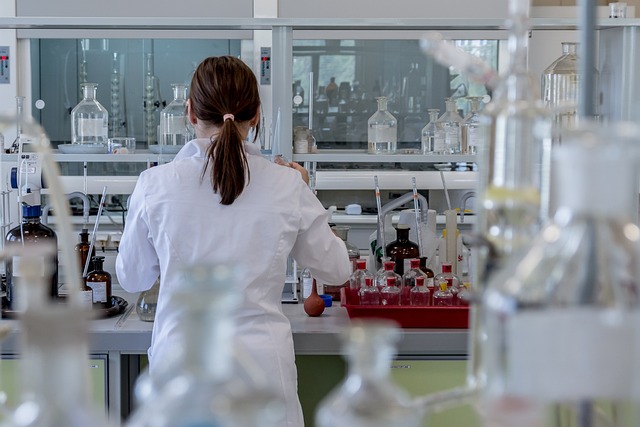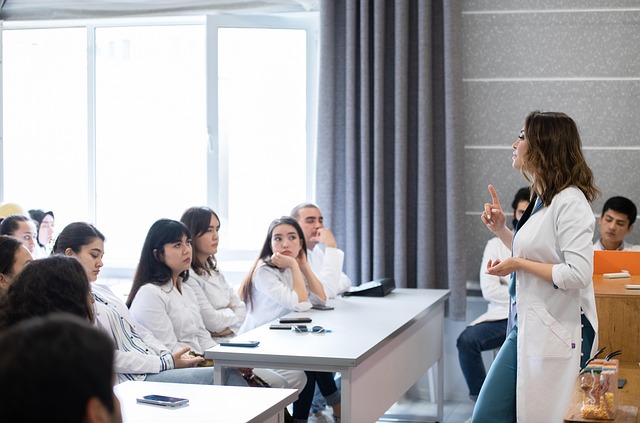Opioid addiction is a growing crisis in Palm Beach County, Florida, with increased deaths and overdoses linked to over-prescribed painkillers. Local efforts focus on Medication-Assisted Treatment (MAT) programs using Suboxone and other medications approved for Opioid Use Disorder (OUD) treatment, addressing physical and psychological aspects of addiction. These comprehensive care initiatives aim to reduce the impact of opioid addiction in Florida by offering personalized detox, withdrawal, and long-term recovery solutions. Collaboration among organizations ensures successful outcomes, with reduced overdose rates and improved quality of life for participants.
“In Palm Beach County, Florida, the battle against opioid addiction is an ongoing crisis with far-reaching implications. This article delves into the various facets of medication-assisted treatment (MAT) and its effectiveness in helping individuals overcome opioid use disorder (OUD). We explore common medications used in MAT programs across the state, the supportive services available locally, and highlight success stories from Palm Beach County’s recovery efforts. By understanding the impact of opioid addiction and the progress made through these innovative treatments, we can foster a path to long-term recovery.”
- Understanding Opioid Addiction and Its Impact in Palm Beach County
- The Role of Medication-Assisted Treatment (MAT) for Opioid Use Disorder
- Common Medications Used in MAT Programs Across Florida
- Navigating Opioid Recovery Support Services in Palm Beach County
- Success Stories and Long-term Outcomes: A Look at Palm Beach County's Progress
Understanding Opioid Addiction and Its Impact in Palm Beach County

Opioid addiction is a pervasive and complex issue within Palm Beach County, Florida, with far-reaching consequences for individuals and the community at large. The county has experienced a significant rise in opioid-related deaths and overdoses over the past decade, highlighting the urgent need for effective treatment options. This crisis has not only burdened the local healthcare system but also impacted social and economic aspects of the region.
Palm Beach County’s struggle with opioid addiction is a reflection of national trends, as prescription painkillers have long been over-prescribed, leading to widespread misuse and subsequent addiction. The county’s response involves implementing various medication-assisted treatment (MAT) programs and expanding access to suboxone treatment centers. These initiatives aim to provide a more comprehensive approach to opioid recovery, offering support for both the physical and psychological aspects of addiction, ultimately reducing the devastating impact of this disease on Palm Beach County residents.
The Role of Medication-Assisted Treatment (MAT) for Opioid Use Disorder

Medication-Assisted Treatment (MAT) plays a pivotal role in addressing opioid use disorder (OUD) in Palm Beach County and across Florida. This evidence-based approach combines behavioral therapy with medications to manage symptoms, reduce cravings, and prevent relapse. The primary goal is to help individuals achieve and maintain long-term recovery from opioid addiction. One commonly used medication-assisted treatment for opioid addiction is Suboxone (buprenorphine), which has been FDA-approved for treating OUD.
By integrating MAT into comprehensive opioid recovery programs, individuals can receive the best chance at overcoming their addiction. This approach not only supports detox and withdrawal but also offers sustained recovery through ongoing therapy and medication management. Such programs cater to the unique needs of each patient, ensuring personalized care tailored to promote successful long-term outcomes in opioid recovery.
Common Medications Used in MAT Programs Across Florida

In Florida, including Palm Beach County, medication-assisted treatment (MAT) programs have become a critical component in addressing opioid addiction. MAT combines behavioral therapy with prescribed medications to help individuals manage their withdrawal symptoms and reduce cravings while facilitating long-term recovery. The most commonly used medications in these programs include Methadone, Buprenorphine (such as Suboxone), and Naltrexone.
Methadone has been used for decades in opioid addiction treatment due to its effectiveness in managing withdrawal and reducing heroin use. Buprenorphine, including the brand-name Suboxone, offers a more recent yet highly successful approach by binding to the same receptors as opioids but with lesser effects, helping individuals overcome their physical dependence while minimizing withdrawal symptoms. Naltrexone, on the other hand, is used after detoxification to block opioid receptors, reducing cravings and the risk of relapse. These medications play vital roles in Florida’s opioid recovery efforts, providing a comprehensive approach to treat this complex addiction.
Navigating Opioid Recovery Support Services in Palm Beach County

In Palm Beach County, individuals seeking opioid addiction treatment Florida can find a range of specialized services designed to support their journey towards recovery. Navigating these resources can be complex, but with proper guidance, those affected by opioid addiction can access effective treatment options. The county offers various programs, including medication-assisted treatment (MAT), which combines behavioral therapies with medications like Suboxone to help manage cravings and withdrawal symptoms. These evidence-based practices have proven successful in helping individuals break free from the grip of opioid addiction.
Support services extend beyond medical care, encompassing counseling, support groups, and rehabilitation centers that cater to diverse needs. Many organizations collaborate to provide comprehensive care, ensuring a holistic approach to opioid recovery. With dedicated resources and a supportive network, Palm Beach County residents can access the tools they need to overcome opioid addiction and rebuild their lives.
Success Stories and Long-term Outcomes: A Look at Palm Beach County's Progress

In Palm Beach County, medication-assisted treatment (MAT) and opioid recovery programs have yielded promising success stories and long-term outcomes. These initiatives, often involving Suboxone treatment, have played a pivotal role in transforming lives ravaged by opioid addiction. Many individuals who once struggled with prescription painkiller or heroin abuse have found a path to stability and sobriety through these innovative approaches.
Local organizations and healthcare providers are celebrating reduced overdose rates and improved quality of life for those participating in MAT programs. Long-term studies indicate that medication-assisted treatment, combined with comprehensive counseling and support services, significantly increases the chances of successful opioid recovery. This progress underscores the effectiveness of integrating evidence-based practices into Florida’s opioid addiction treatment landscape.
In Palm Beach County, medication-assisted treatment (MAT) and opioid recovery programs have proven effective in addressing the widespread opioid addiction crisis. By combining medications like methadone, buprenorphine, and naltrexone with comprehensive support services, these initiatives significantly enhance long-term recovery rates. With continued access to quality care and community resources, Florida residents can find hope and healing on their journey towards overcoming opioid use disorder.

